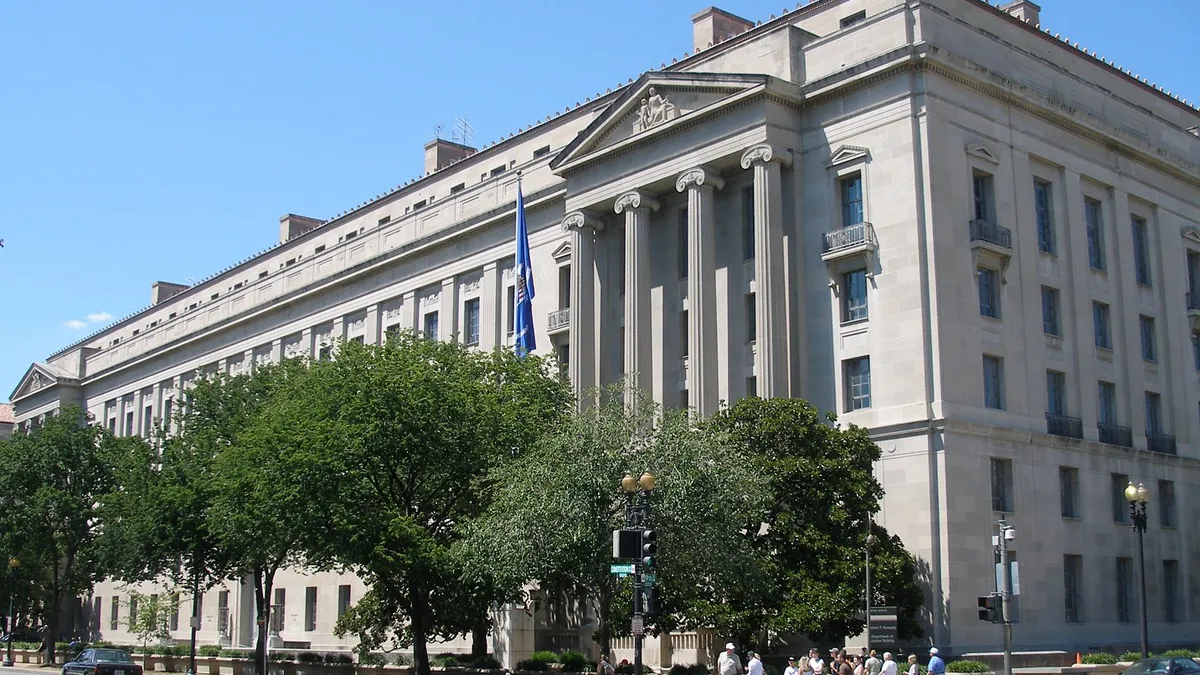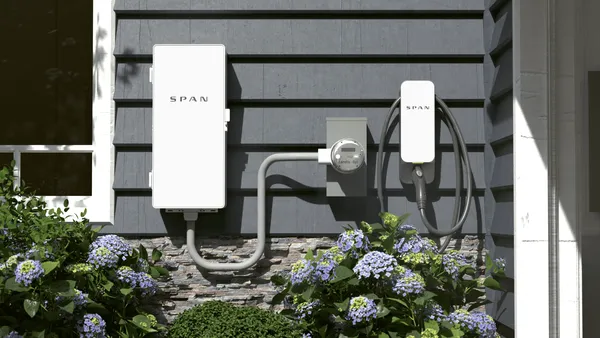Dive Brief:
- The U.S. Department of Justice has joined those who want to review the proposed merger of Westar Energy and Great Plains Energy, following on a similar statement by regulators in Missouri.
- Based in Topeka, Westar serves about 700,000 customers across eastern Kansas. The deal would give Great Plains, which owns Kansas City Power & Light, more than 1.5 million customers in Kansas and Missouri.
- Bloomberg reports Westar disclosed in a filing with regulators it had received a letter from the DOJ; analysts say it is unclear how the review could impact the deal's planned timeline.
Dive Insight:
You can't propose a $12.2 billion deal without drawing some scrutiny, but Westar and Great Plains are aiming to close their deal around the middle of next year and it is unclear how additional oversight will impact it.
According to Bloomberg, the Justice Department sent Westar a letter requesting "certain documents and information” related to the proposed deal.
“It’s hard to say whether this is out of the ordinary—there hasn’t been an issue with the Department of Justice that’s really made a big difference certainly since Duke and Progress,” Bloomberg Intelligence utility analyst Kit Konolige told the news source. “I would’ve thought this was small enough that something like this wouldn’t happen, but obviously they’re looking at it.”
According to the companies, the combined cash and stock transaction has an enterprise value of approximately $12.2 billion, including total equity value of approximately $8.6 billion.
The deal will need approval in Kansas, and the DOJ's decision may have caught the companies off-guard. Missouri regulators also say they also want oversight.
In June, citing an agreement made 15 years ago during its acquisition of Aquila Inc., staff of the Missouri Public Service Commission said they would need to review the deal. Counsel for Great Plains has argued that the agreement pertained only to utilities regulated by Missouri, while Westar operates only in Kansas.
Great Plains acquired Aquila in Missouri in 2001, and in gaining approval for the deal, agreed to consult with regulators in that state before acquiring another utility or affiliate of one.
Once completed, the combined companies would serve more than 1.5 million customers in the two states and possess over 13 GW of total generation.














